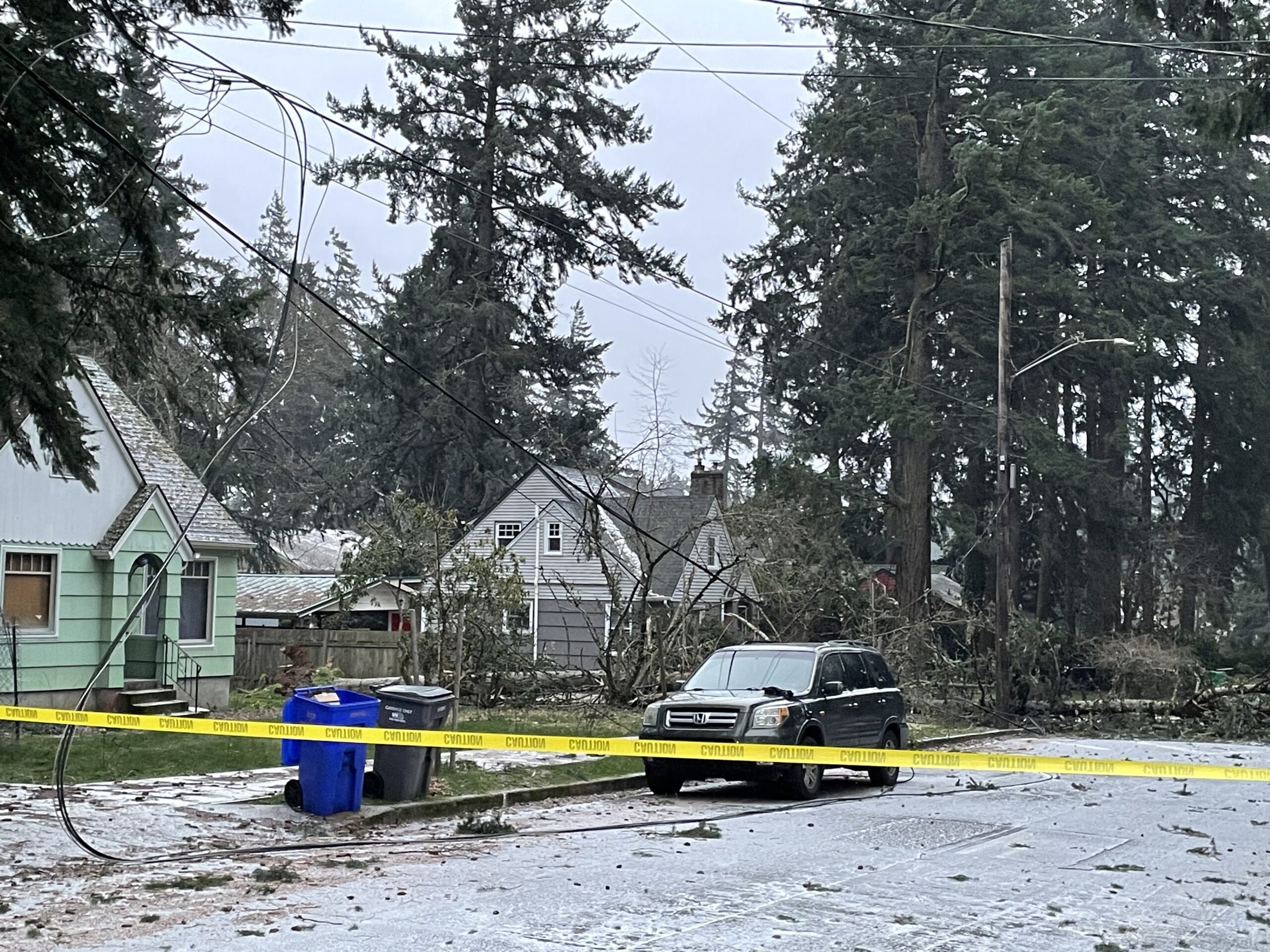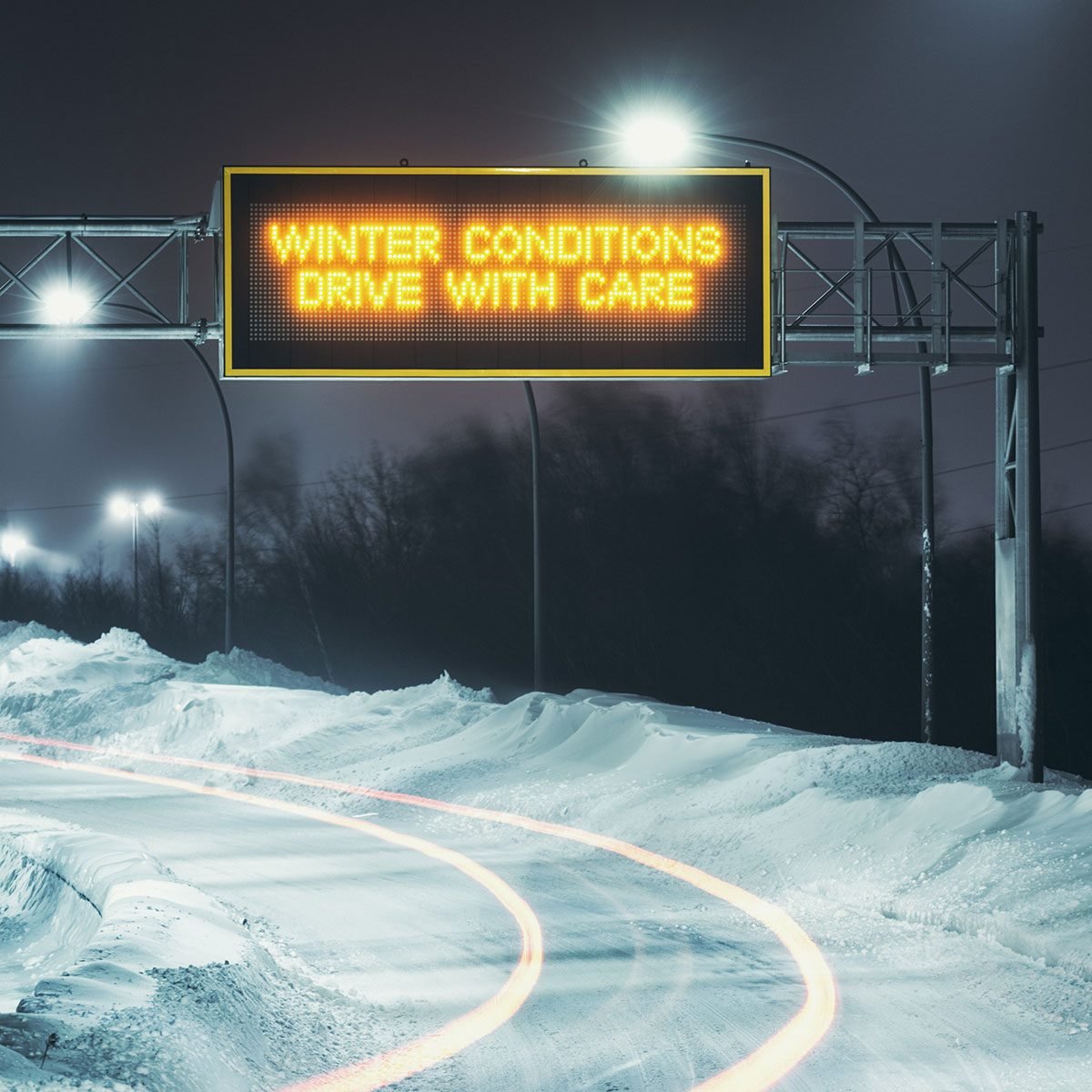Be Prepared and Stay Informed: Navigating Winter Storms Safely
Winter storms, with their icy grip and relentless snowfall, can pose significant challenges. To ensure your safety and well-being during these hazardous weather events, it is crucial to stay informed and prepared.

Waukesha County vehicle in ditch calls steady during winter storm - Source flipboard.com
Editor's Note: Stay Informed and Prepared: Winter Storm Alert Published [Today's Date]
In an effort to empower individuals with essential knowledge, we have analyzed and compiled this comprehensive guide on Winter Storm Alerts. Our goal is to provide you with the necessary information to make informed decisions and mitigate risks during these potentially dangerous storms.
Key Takeaways:
| Aspect | Key Points |
|---|---|
| Preparedness | Essential supplies, emergency plans, and safety measures |
| Weather Monitoring | Sources for accurate forecasts and storm updates |
| Communication | Alternative communication methods and contact lists |
| Travel Safety | Road conditions, closures, and driving precautions |
| Medical Considerations | Emergency medical information and access to healthcare |
| Community Support | Local resources, aid organizations, and neighborly assistance |
Navigating the Main Article Topics:
1. Winter Storm Preparedness: Comprehensive Preparedness Plan
2. Weather Monitoring for Informed Decisions
3. Safe Travel During Winter Storms
4. Communication and Emergency Contact Options
5. Healthcare Considerations and Medical Preparedness
6. Community Support: Leveraging Local Resources for Assistance
FAQ
This comprehensive FAQ section provides essential information and guidance for navigating and preparing for winter storms. It contains crucial questions and answers to help individuals stay informed, well-equipped, and safe during these hazardous events.

How to Keep Connected and Informed as Winter Storm Power Outages - Source oregon.comcast.com
Question 1: What are the warning signs of an impending winter storm?
Stay alert to weather forecasts and advisories issued by local authorities. Common warning signs include sudden drops in temperature, increased wind gusts, and changes in barometric pressure. Monitor weather updates regularly to anticipate the potential severity and timing of the storm.
Question 2: How should I prepare my home for a winter storm?
Take proactive steps to protect your home before the storm hits. Stock up on essential supplies such as non-perishable food, bottled water, flashlights, batteries, and a first-aid kit. Insulate windows and doors to prevent heat loss, and seal any cracks or openings to prevent cold air from entering. Secure loose outdoor items and bring potted plants indoors.
Question 3: How can I stay safe while driving in winter weather?
If possible, avoid driving during winter storms. If you must drive, exercise extreme caution. Slow down, increase following distances, and be prepared for slippery roads. Make sure your vehicle is well-maintained, has winter tires installed, and is equipped with an emergency kit.
Question 4: What should I do if I lose power during a winter storm?
In the event of a power outage, prioritize staying warm. Use alternative heating sources such as a fireplace or portable heater, but do so safely and ensure proper ventilation. Check on neighbors, especially the elderly or vulnerable, to make sure they are safe and have access to assistance.
Question 5: How can I protect my pets from winter weather?
Pets are susceptible to cold temperatures and require extra care during winter storms. Provide them with a warm place to stay, such as a pet bed with a blanket or a heated pet house. Limit their time outdoors and ensure they have access to fresh water. Consider using pet-friendly products like paw wax and sweaters to help them stay warm.
Question 6: When should I seek medical attention during a winter storm?
Seek immediate medical attention if you experience symptoms such as difficulty breathing, chest pain, or confusion. Exposure to extreme cold can lead to hypothermia or frostbite, both of which require prompt medical treatment. Do not hesitate to call for help if you or someone you know is showing signs of distress.
Staying informed and prepared is crucial during winter storms. By following the guidance provided in this FAQ, individuals can effectively mitigate the risks associated with these hazardous events.
Stay safe during winter weather by staying informed, taking necessary precautions, and assisting your community. Remember that preparation and knowledge are key to navigating these challenging conditions.
Tips
Amidst the imminent threat of winter storms, it is imperative to stay informed and adequately prepared. The following tips provide actionable advice to enhance safety and minimize potential risks:
Tip 1: Monitor Weather Updates
Regularly check credible weather sources, including local news channels and the Winter Storm Alert: Stay Informed And Prepared page, for the latest forecasts and storm warnings. Stay vigilant for changes in weather predictions and heed all official advisories.
Tip 2: Create an Emergency Kit
Prepare an emergency kit containing essential supplies such as water, non-perishable food, medications, a first-aid kit, flashlights, and batteries. Include a weather radio for up-to-date information in the event of power outages.
Tip 3: Secure Property
Before the storm hits, secure loose items such as outdoor furniture and garbage cans. Trim trees to prevent fallen branches from damaging property. Clear snow and ice from driveways and walkways to reduce slipping hazards.
Tip 4: Plan for Power Outages
Anticipate the possibility of power outages and have alternative sources of heat, such as generators or wood-burning stoves, ready. Charge electronic devices beforehand and consider stocking up on extra batteries.
Tip 5: Limit Travel
During winter storms, travel should be restricted to essential tasks only. Avoid driving unless absolutely necessary, as snow, ice, and reduced visibility can impair driving conditions.
Summary of key takeaways or benefits
By adhering to these tips, individuals can increase their preparedness for winter storms, ensuring their safety and well-being during these potentially hazardous events.
Transition to the article's conclusion
Remember, staying informed and well-prepared is crucial during winter storms. By following these guidelines, you can mitigate risks and navigate the challenges of winter weather safely and effectively.
Winter Storm Alert: Stay Informed And Prepared
Winter weather can bring various hazards like heavy snowfall, blizzards, and icy conditions, which demand preparation. The negative impacts of winter storms can be mitigated with prior knowledge, monitoring weather updates and being informed on safety guidelines. Below are key aspects to consider for winter storm preparedness:
- Monitor weather forecasts: Stay informed about weather conditions for your area. Utilize news channels, weather apps, and official websites for the latest updates.
- Gather emergency supplies: Ensure you have necessary items like food, water, first aid kits, extra medications, and warm clothing.
- Plan alternative transportation: Identify backup transportation options in case of road closures or vehicle issues.
- Check heating systems: Make sure heating systems are operational and have alternative heating sources like fireplaces or portable heaters.
- Secure outdoor items: Protect items like furniture and grills from wind damage and snow accumulation.
- Inform neighbors: Keep neighbors informed of your safety and well-being, especially if you live alone or have elderly neighbors.

What Do the Different Types of Winter Storm Warnings Mean? - Source www.familyhandyman.com
These preparatory steps enhance safety and enable individuals to better manage the challenges posed by winter storms. Monitoring weather forecasts helps in informed decision-making, while gathering emergency supplies ensures sustenance and comfort during power outages. Planning alternative transportation and checking heating systems mitigates risks associated with transportation and cold temperatures. Securing outdoor items prevents damage to property, and keeping neighbors informed fosters a sense of community and support during adverse conditions.
Winter Storm Alert: Stay Informed And Prepared
Understanding the dangers of winter storms is essential for both personal safety and community readiness. Winter storms can cause widespread power outages, transportation disruptions, and even loss of life. Staying informed and prepared can help individuals and communities mitigate these risks and respond effectively.

Winter Storm Alert: Lake Effect Snow Warning in the USA - Source www.onlineinfostudio.com
Winter storm alerts provide critical information about the severity, timing, and potential impacts of an impending storm. By heeding these alerts, individuals can take proactive steps to protect themselves and their property. This may include securing loose objects, stocking up on emergency supplies, and identifying potential evacuation routes.
Preparing for winter storms also involves understanding the specific hazards associated with these events. Heavy snowfall can lead to roof collapses and impassable roads, while blizzard conditions can create life-threatening visibility and wind chill issues. By knowing the risks, individuals can take appropriate precautions to minimize their exposure and vulnerability.
Staying informed and prepared for winter storms is a shared responsibility. Local authorities, emergency responders, and community organizations play a crucial role in disseminating information, providing assistance, and coordinating response efforts. By working together, individuals and communities can enhance their resilience to these potentially devastating events.
| Action | Reason |
|---|---|
| Secure loose objects | Prevent damage to property |
| Stock up on emergency supplies | Ensure access to essential items |
| Identify evacuation routes | Plan for potential displacement |
| Understand storm hazards | Minimize risk and exposure |
Conclusion
Winter storm alerts provide vital information for personal and community preparedness. By staying informed and taking appropriate precautions, individuals can mitigate the risks associated with these potentially devastating events.
Preparedness is not just about reacting to immediate threats but also about building long-term resilience. By understanding the challenges posed by winter storms and investing in preparedness measures, we can create safer and more resilient communities.